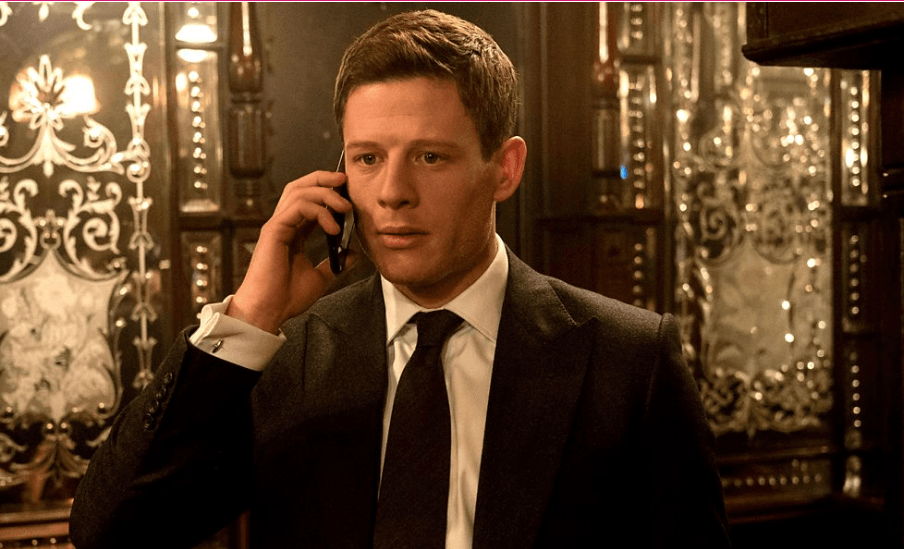Russians on the Small Screen
The BBC’s latest big-budget drama, McMafia, follows the son of a Russian mobster trying to avoid his family’s criminal past. McMafia seems determined to dodge the obvious stereotypes that we normally find in on-screen Russians (to the extent that it draws a lot of attention to it: one character complains that ‘they think we are all gangsters’), but these portrayals remain a large part of our viewing culture nevertheless.
How has this portrayal manifested onscreen, and why? The latter question is nice and easy to answer – as TV came to prominence in the 1950s, America and the UK found themselves in an ideological battle with Russia: communism was a sinister influence trying to spread throughout the world, and the Russians its evil propagators. The entertainment industry became a key wing of the propaganda battle, and the negative images of Russians that (primarily American) media created lasted. This negative image tended to take one of three tacks – the KGB operative, the prostitute, and drunken pessimists.
Russians remained the bad guys, in film and on TV
Russians appeared on TV from that time in almost exclusively villain roles. There are some notable exceptions, such as The Man from U.N.C.L.E.’s Illya Kuryakin – even then, the show was originally intended to focus on American hero Napoleon Solo, with the duo formed only after Kuryakin proved popular with viewers (it was explained away by pairing the two against a larger threat, a sinister organisation known by the somewhat unlucky moniker of T.H.R.U.S.H.).
Time went by and the Cold War ended, but the media was now stuck with the trope it had created, and so Russians remained the bad guys, in film and on TV, in all sorts of genres. Jerry Seinfeld messed with Russian tradesman at his own peril in an episode of his eponymous sitcom. Even the sixth season of Sex and the City saw a cold Russian character – the brooding Aleksandr Petrovsky, who is portrayed as being very self-absorbed and physically violent. His blunt response to Samantha’s cancer diagnosis also feeds into a perception of Russian characters as emotionally cold and uncaring.
Don’t be surprised to find to find a beautiful blonde mail-order bride cropping up in many a sitcom, too!
Nowadays, little has changed. These stereotypes are now prevalent enough to pop up in TV comedies – 2 Broke Girls started its run with a gag about Russian women being prostitutes, and 2010 saw the arrival of Svetlana, a sitcom centred around the funny comments Svetlana makes about her prostitution and love for sex. Don’t be surprised to find to find a beautiful blonde mail-order bride cropping up in many a sitcom, too! Soviets are satirised despite the collapse of the USSR, from Archer’s Nikolai Jakov to minor characters in shows like American Dad.
On the whole, though, the Russians are still portrayed as criminals – either psychotic (Red in Orange is the New Black) or not (McMafia), although there has been an interesting shift in the field of onscreen politics. Russian politicians, who were made ruthless bureaucrats in the Cold War days, are now sinister figures, manipulating events for their own gain. 24’s President Yuri Suvarov is initially pitched as a moderate figure, eager to promote the signing of an anti-terrorism accord, but he becomes the antagonist of Season Eight, orchestrating the murder of Kamistanian President Hassan. There is a touch more nuance with House of Cards’ President Petrov, but he is still a strongman figure causing ruptures on the world stage.
Will the persona of Russians on TV change anytime soon? The answer is probably not, at least without a significant change in Russian politics – the spectre of the USSR still hangs over the country. This is not to say that there are no well-developed Russian characters on the small screen but, for many TV writers, the ex-KGB agent is a lazy and common go-to option.

Comments